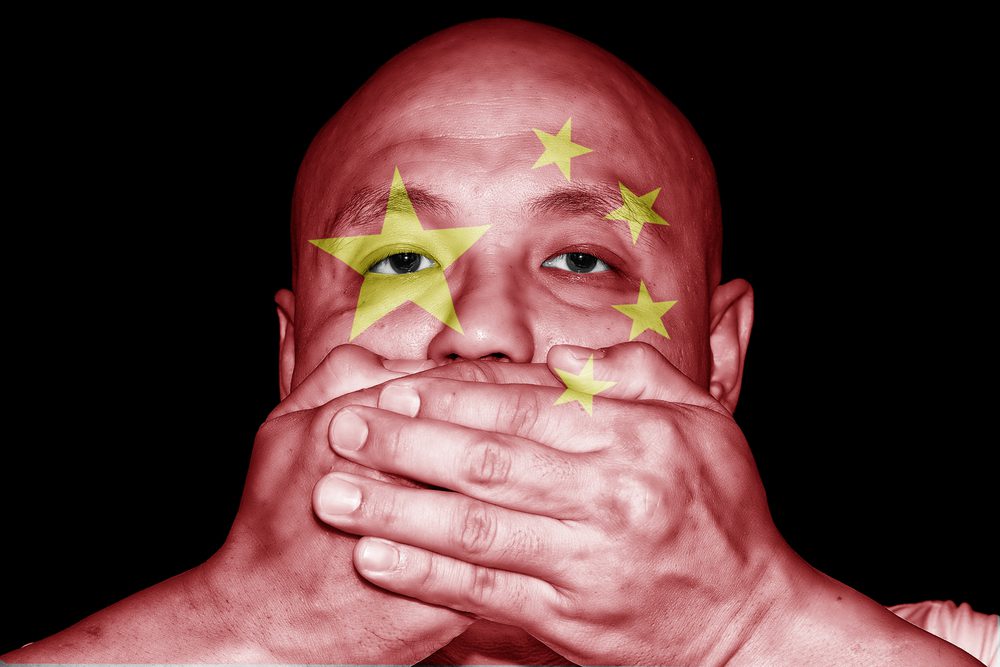
Last Fall, on October 15th, Marije Vlaskamp, a former China correspondent for the Dutch newspaper De Volkskrant, was pressured online to retract an article critical of China—a demand she refused. The following day, the Chinese embassies in The Hague and Oslo, among others, received bomb threats, all made in her name.
De Volkskrant, which on Saturday, April 8th, published the journalist’s story of the events had until then abstained from making the case public, as it first sought more information from Dutch investigators.
While the Dutch Public Prosecutor’s Office has begun an investigation into these false bomb threats, it has not yet identified a suspect. Equally unknown is the identity of the person(s) behind Vlaskamp’s online targeting.
Vlaskamp was a correspondent in China for De Volkskrant from 2001 to 2019. After that period, she returned to the Netherlands, where she is now a foreign editor at De Volkskrant.
In that capacity, she writes regular pieces which espouse a view critical of the Chinese state; topics include Beijing’s repression of the Uyghurs (a Muslim minority group within China’s north-western region of Xinjiang, considered by Beijing a breeding ground for Islamist terrorism and thus a security threat) and the activities of Chinese dissidents in the Netherlands.
One of those dissidents, Wang Jingyu, whom she had interviewed in the offending article, also received threatening messages via Telegram.
Wang was threatened by someone calling herself ‘Alice.’ “If you continue to impose yourself on anti-Chinese media, the police will come and arrest you,” one of them read.
The activist, the message continued, had to stop giving interviews and close his Twitter account. Vlaskamp, on her part, had to ensure that the earlier article about Wang was taken offline and delete all chat messages and Telegram accounts containing the threats made against her.
A day later, a bomb threat was issued under both Wang’s and Vlaskamp’s name against the Chinese Embassy in The Hague, closely followed by another in Oslo.
While there have been no new incidents for Vlaskamp since October, Wang has claimed he was threatened again in mid-March, at the door of his current residence, which is kept secret. “A man said: I am going to kill you and your girlfriend. Then I called the police and he left. I do not think they will ever find him,” Wang explained.
Wang’s treatment very much echoes tactics Beijing frequently employs within China. Dissidents who remain unfazed by threats, and persist, are often charged with misconduct or corruption.
In a response to De Volkskrant, the Dutch Foreign Ministry said it is “very worrisome” that Vlaskamp and Wang had faced “such far-reaching intimidation,” which it found “unacceptable.”
It therefore asked for clarification from the Chinese embassy. The embassy reportedly informed the ministry in October of the bomb threat in The Hague having mentioned Vlaskamp’s name.
De Volkskrant’s editor-in-chief Pieter Klok fears that reporting on China is under threat in his own country. That attempts have been made to silence Vlaskamp with “threats and intimidation,” he too finds unacceptable.
A criminal investigation has been put on hold for now “due to lack of further leads.” The justice department, however, said that the bomb threats “could be traced back to IP addresses in China and Hong Kong.”
We have seen correspondents being obstructed [from] doing their work before. But we have never seen reporters here being intimidated and threatened by a—as it looks now—foreign power.
The prosecution could not, however, produce concrete evidence that the Chinese government was involved.
